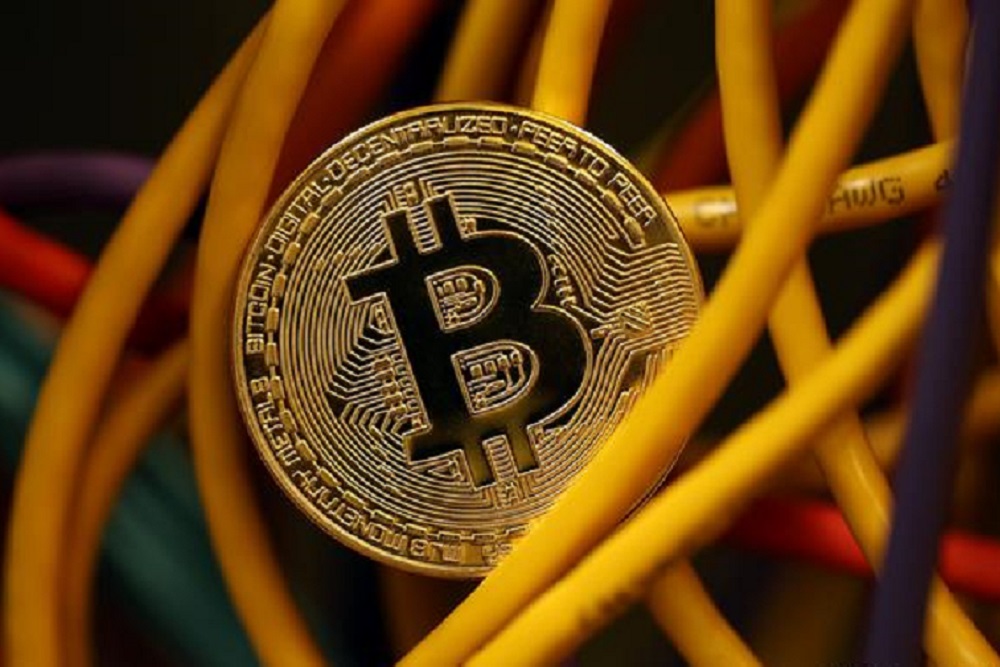Gary Wang and Nishad Singh, two former FTX executives who have both admitted guilt to fraud charges in a case that has captivated the political and financial worlds, will be sentenced in the fall of 2024.
The Southern District of New York District Court will hear the sentencings, which are set for October 30 and November 20, respectively.
Legal Disputes Arising from FTX’s Collapse
This comes after a tale of financial mismanagement and suspected criminal conduct at FTX, a cryptocurrency exchange, which led to the business’s catastrophic demise.
Former FTX Chief Technology Officer Gary Wang and former Director of Engineering Nishad Singh are embroiled in legal disputes arising from the company’s collapse.
Their collaboration with the federal authorities has played a crucial role in molding the prosecution’s case against Sam Bankman-Fried, the former CEO and co-founder of FTX.
Both executives have acknowledged that they took part in various fraudulent operations within the exchange, including the misappropriation of customer monies.

After FTX filed for bankruptcy in late 2022, Singh and Wang pled guilty and later testified against Bankman-Fried. According to Singh’s evidence, he discovered a $8 billion disparity in FTX’s financial records in September 2022. This gap was caused by unreported real estate and high-risk trade expenses that were financed by client deposits.
He acknowledged creating programs that made it easier for FTX customers to transfer money to bank accounts owned by Alameda Research, a trading company that is closely associated with FTX and has also been connected to money laundering.
Singh also revealed his involvement in the methods that FTX used to unfairly favor Alameda over other clients. This was a crucial revelation that highlighted FTX’s internal manipulations.
The gravity of his conduct was demonstrated by the fact that his guilty plea covered six felony counts, including several fraud and conspiracy offenses.
Singh’s testimony was enhanced by Gary Wang’s, who described his role in FTX’s technological operations. Wang acknowledged building sections of the FTX exchange website that were designed to mislead investors in response to four accusations, including conspiracy to commit wire fraud and securities fraud.
He emphasized the creation of a code that fabricated information about the FTX “public insurance fund’s” state of health. Although the stated objective of this fund was to reassure investors about the safety of their capital, the numbers on display had no bearing on actual liquidity and were instead created at random.
Broader Implications of the FTX Collapse
Beyond these criminal processes, the FTX collapse has far-reaching effects. Although he did not specifically name Bankman-Fried, Ryan Salame, another FTX CEO, was sentenced to 7.5 years in jail for campaign financing offenses.

The former CEO of Alameda Research, Caroline Ellison, has also entered a plea of guilty to seven offenses; however, her sentence has not yet been set.
In the midst of these specific incidents, more general conclusions about the use of embezzled money for political influence have come to light. Sam Bankman-Fried’s family is the target of fresh accusations that purport them to have planned $100 million in illicit political donations.
The Wall Street Journal was able to collect emails that indicate that Barbra Fried, Gabriel Bankman-Fried, and Joseph Bankman all had a major part in overseeing these donations, which were purportedly funded by FTX’s embezzled client monies.
Accusations and Denials
The prosecution contends that these donations were a component of a bigger plan to influence the results of the 2022 election. Stanford University law professor Joseph Bankman is said to have provided advice on how to best structure these political gifts financially.
Barbra Fried is accused of directing donations to progressive causes while serving as a nonprofit organization’s director. She is also accused of participating in calculated financial moves during the COVID-19 pandemic.
A spokesperson for Joe Bankman has categorically denied that he was involved in any campaign financing irregularities in response to these grave accusations.
The aftermath of the FTX crash has exposed the intricate relationships between technology, politics, and money, establishing a standard for future moral and legal analyses of the quickly changing digital currency market.
- Bitcoin Falls to $65K as Mt. Gox Transfers $2.8 Billion BTC to External Wallet
- News of Marathon Digital’s $138 Million Fine for Breach of Non-Disclosure Agreement Triggers a Bearish 2.5% of Its MARA Stock
- Are $530M Bitcoin ETF Inflows a Blessing or Caution?
- Metaplanet Teams with Hoseki for Real-Time Bitcoin Holdings Verification
- 10 Best Meme Coins To Invest in 2024
- Building Secure Blockchain Systems: An Exclusive Interview with ARPA and Bella Protocol CEO Felix Xu
- Building The “De-Facto Crypto Trading Terminal”: An Exclusive Interview with Aurox CEO Giorgi Khazaradze
- Building a New Global Financial System: An Exclusive Interview With Tyler Wallace, Analytics Head at TrustToken
- “Solana is the Promised Land for Blockchain” — An Exclusive Interview with Solend Founder Rooter
- El Salvador: Where The Bitcoin Revolution Begins With A Legal Tender

 Why Trust Us
Why Trust Us







